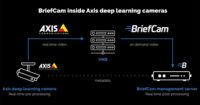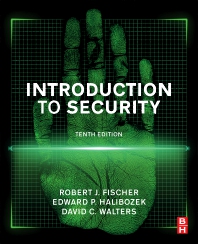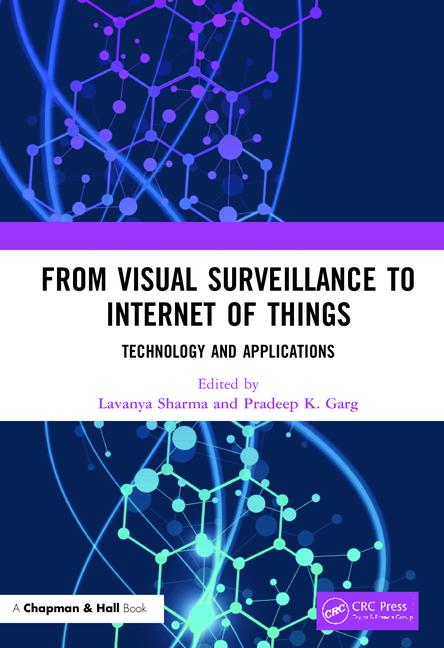On a mission to create safer communities, companies, and environments, Vintra uses artificial intelligence to augment the established surveillance systems deployed to protect the spaces where people work, learn, and travel. Vintra works with private companies, higher education, and law enforcement to transform visual data from any camera — including mobile sources like drones and dash cams — into actionable, tailored and trusted intelligence with proprietary deep learning algorithms. Backed by investors including Bonfire Ventures, Vertex Ventures and London Venture Partners, Vintra has raised $4.8 million to date.
Founded in 2016 by entrepreneur Brent Boekestein and leading computer vision experts, Dr. Ariel Amato and Dr. Angel Sappa, Vintra saw a critical need developing with the rise of security systems and proliferation of cameras, including mobile surveillance cameras that are burgeoning in use. As the use of surveillance and security cameras grows, the amount of data collected per year requires billions of hours of manual interpretation if done by human operators.
“The problem we set out to solve is we as humans are not great at making sense of all that data,” Boekestein said. “Most of the video analytics tend to use background subtraction as their core program and that requires a stable and non-moving background to make sense of that background and classify those things that aren’t part of that. Now the world is going mobile and IP, whether that is a robot or drone or a bicycle. Older solutions won’t work in an environment where video comes off cars, people and things so we built our technology from the ground up.”
With Vintra’s platform, this overwhelming amount of video data can be organized, analyzed and monitored through a purpose-built deep learning system. Vintra’s team of deep learning experts GPU-optimize their models to take advantage of the latest hardware and acceleration techniques. These models can be deployed to augment the majority of safety and security scenarios, with future plans to empower customers to create their own analytics in order to be responsive to the specific needs of each installation environment.
The result, Vintra’s FulcrumAI, is an AI-powered video analytics solution capable of continued evolution and improvement over time that works on video data from any source that can be leveraged in two ways: as a tool to more accurately monitor live video feeds and produce actionable alerts, and as a tool to analyze footage in post-event investigative scenarios.
The system can be deployed in two ways to provide different benefits depending on the needs of the installation environment: “on-premises” at an organization to augment human resources by transforming overwhelming numbers of live video feeds into preventative alerts, timely situational awareness, and instantly searchable video forensic data; or, a plus for dealers and integrators, in the cloud, as a powerful post-event investigation solution that enables fast, accurate, and advanced video forensics at industry leading speeds.
While Vintra does approach end users directly, the product is set up to work both as a part of major manufacturer’s VMS products (it currently integrates with one prominent vendor and others are in the works, or through the customer’s preferred integrator. When the latter, the integrator can generate RMR from the cloud-based solution, Boekestein explained. “Our entire model is an RMR model. Even if they buy the on-premises solution, because we are always adding new features, customers pay per camera, per month. If an integrator is involved we intend to have a program for them to reap the financial benefits.”
Vintra also plans to introduce a certified installer program in the future to more closely work with integrators, he added.
Today, Vintra structures previously unstructured video from live cameras and recorded clips to make that data monitorable and searchable with industry leading accuracy, speed, and cost in a way previously unobtainable by human operators. Additionally, Vintra strives to ensure its algorithms are ethically-developed in regard to data bias via continuous internal review to identify and correct issues prior to production. Vintra is committed to building solutions capable of reducing the unintended bias that can affect AI-powered security systems, and to creating safe spaces for everyone while respecting individual privacy concerns.
“Every year, billions of dollars in time and resources are spent on security personnel to monitor live streams as well as post-event investigations by law enforcement and analysts,” Boekestein said. “One of the most important parts about building AI solutions is ensuring that customers, the public, and communities can trust the solutions being deployed. To that end, Vintra makes it easy for customers to test its solutions and review performance data on publicly available datasets.”
Visit www.vintra.io for more information.






